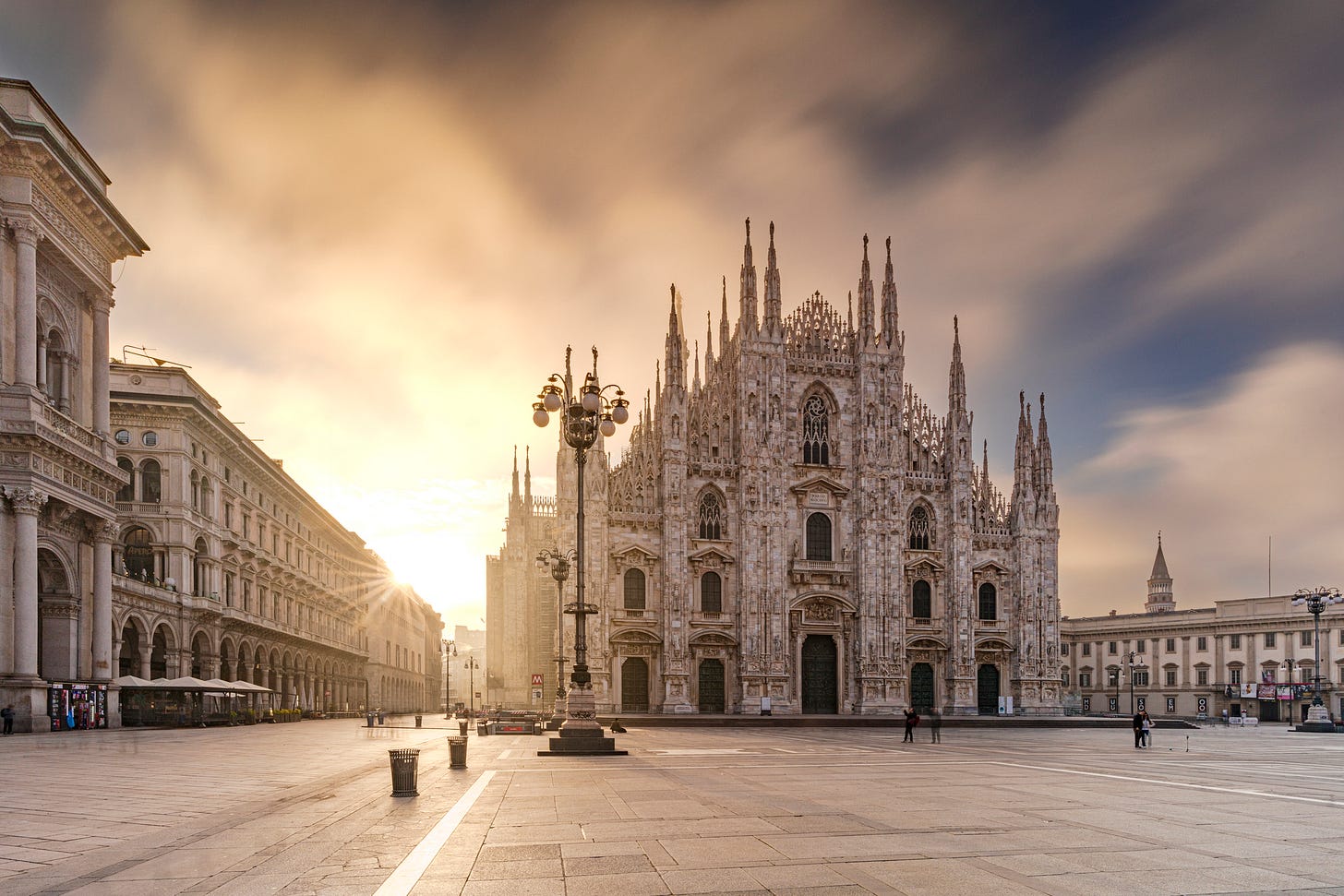BRIEF: Cathedrals made of sand
Big thought, small step, deep breath — for March 19, 2025
BIG THOUGHT
Does far-right philosophy matter?
We’re trying something a little different today. We’re tackling a question that’s come up in chat during a couple of our recent Live conversations: What does far-right philosopher Curtis Yarvin want, how influential is he, and do we need to understand him? We explain below.
Have other concepts or questions you’re looking for clarity on? Drop them in the comments and we’ll do our best!
Curtis Yarvin is one of the most prominent of a group of far-right writers who’ve become known as the “Dark Enlightenment” or the “neo-reactionary” movement. He’s got some influential fans (venture capitalist Peter Thiel, Trump staffer Michael Anton, and Vice President JD Vance), and an updated take on fascism that’s gotten him a lot of press, including a full New York Times profile just before the inauguration. He’s a public intellectual for a movement that doesn’t have a lot of patience for the public.
Yarvin has written a lot (much of it under the pen name Mencius Moldbug), but his core argument — sort of Ayn Rand with a culture-war spin — is roughly as follows: American democracy has failed, inevitably. Bloated institutions of government, incapable of serving broad and diverse constituencies, are unable to come up with a unifying, guiding principle for society and are no longer capable of accomplishing anything of note.
Meanwhile, a “cathedral” of intellectuals — journalism and academia — imposes a woke consensus that protects this decaying structure by stifling alternative viewpoints, a la Big Brother. Opposed to this supposed totalitarian consensus is the dynamism of technological capitalism, where a C.E.O. can accomplish almost anything in what amounts to a mini-monarchy, at least as Yarvin conceives it.
When Thiel says things like “I no longer believe that freedom and democracy are compatible,” he’s on the same page as Yarvin.




